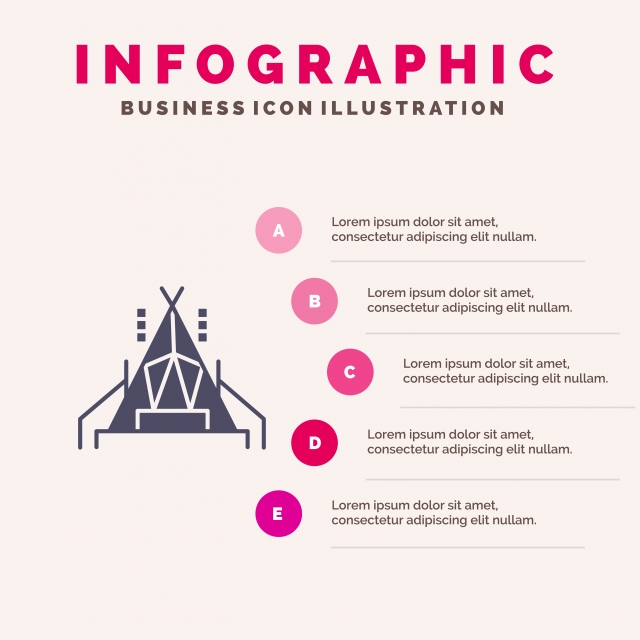Conduct A Lucrative Online Camping Tents Empire By Selling Camping Tents
Conduct A Lucrative Online Camping Tents Empire By Selling Camping Tents
Blog Article
Does Your Backpacking Outdoor Tents Need a Footprint?
If you camp routinely in areas with rocks or sharp downed branches or merely dislike packing away a wet, muddy outdoor tents, then a footprint is definitely worth thinking about. Impacts are also relatively economical contrasted to a new outdoor tents.
How much does a good tent cost?
Several camping tent makers use their own specific impacts, which are cut to the precise dimension of the tent flooring. However, you can make one on your own with a light-weight textile like polycryo or tyvek.
Weather
Whether or not you require an impact really relies on the problems you'll be camping in. If you're backpacking in a place where the ground is generally wet (it's pretty much inescapable), a camping tent impact can be a useful enhancement to your kit, as it will stop your tent floor from ending up being soaked.
Nonetheless, if the impact is too big it can work as a moisture catch and possibly permit water to pool under your outdoor tents. This can be stayed clear of by making sure the footprint is reduced a bit smaller than your camping tent on all sides.
Typically speaking, it's ideal to get a footprint from the exact same producer as your tent to ensure a specific fit. They likewise often tend to be made from thicker, more sturdy materials than DIY choices. They can be costly for something whose single purpose is to shield the ground beneath your outdoor tents, but it can be a rewarding financial investment if you care about the long life of your gear.
Terrain
Many quality camping tents can function well without a footprint, particularly those that have bath tub floors made from resilient materials. Nonetheless, the surface you trek on can have a significant impact on how swiftly your camping tent flooring wears out. Granite slabs, sandstone and various other rugged surface areas wear through all-time low of your tent much faster than verdant fields or woodland floors.
A footprint or ground cloth assists prolong the life of your outdoor tents by serving as a barrier in between the ground and the sewn-in groundsheet of your camping tent, states REI elderly sales specialist Elizabeth Nguyen. It also secures the camping tent from abrasive aspects like sharp branches and jagged rocks that might puncture or tear the sewn-in floor. When selecting a footprint for your camping tent, it is necessary to ensure it's slightly smaller sized than the tent on all sides. This prevents water from merging in between the outdoor tents and tent sales near me footprint during a rainstorm, which might leak right into your tent. The best choice for a footprint is to acquire one developed for your details camping tent, which will assure a snug fit.
Outdoors Tents with Reduced Deniers and Water-proof Rankings
Whether you're a laid-back backpacker or a hardcore adventurer, the durability degree of your tent is a crucial consideration. Camping tents designed to be ultralight, verging on minimalist, frequently compromise some degree of toughness in the textile and products made use of.
One textile specification you'll encounter is denier, which refers to the weight in grams of a 9,000-meter size of thread that makes up the tent's canopy, rainfly, and/or floor. A higher denier spec symbolizes extra sturdy fabrics, while lower numbers indicate lighter and less resilient materials.
Various other specifications to look at include floor dimensions, vestibule size, and interior pockets. The former mirrors the overall square-footage that can be made use of for comfortable room, while the latter can contribute in storage space by supplying a location to stow away gear overnight and in bad weather. Ventilation is additionally a crucial variable; as you breathe out dampness throughout rest, it needs to leave, or condensation may build up within. Attributes such as mesh home windows and panels and adjustable rainfly doors assist enhance ventilation and stop this from taking place.
The Expense
The expense of a tent can impact its efficiency, and it is likewise crucial to think about how much you can manage to invest. Backpackers seeking a lightweight shelter needs to go for a camping tent with a livability score of at least 2 celebrities, and preferably, three or even more.
Livability describes exactly how roomy a tent really feels, with clearance and floor dimensions playing a large function. Historically, backpacking tents made use of outstanding sloped walls and minimal room to save weight, but modern-day materials allow developers to supply more convenience while keeping weight low.
Storage space is one more factor to take into consideration, with vestibules and a quick-pitching style helping reduce arrangement time. Furthermore, the sort of textile finishing and how the outdoor tents is kept can affect durability. For example, a PU layer that breaks down faster when wet, or undergoes repeated cycles of storing and un-stowing, can substantially shorten the life-span of a camping tent. In a similar way, utilizing a custom impact rather than packing a camping tent in a careless way will likewise extend its life expectancy.
Do you need a tarp for a tent?
